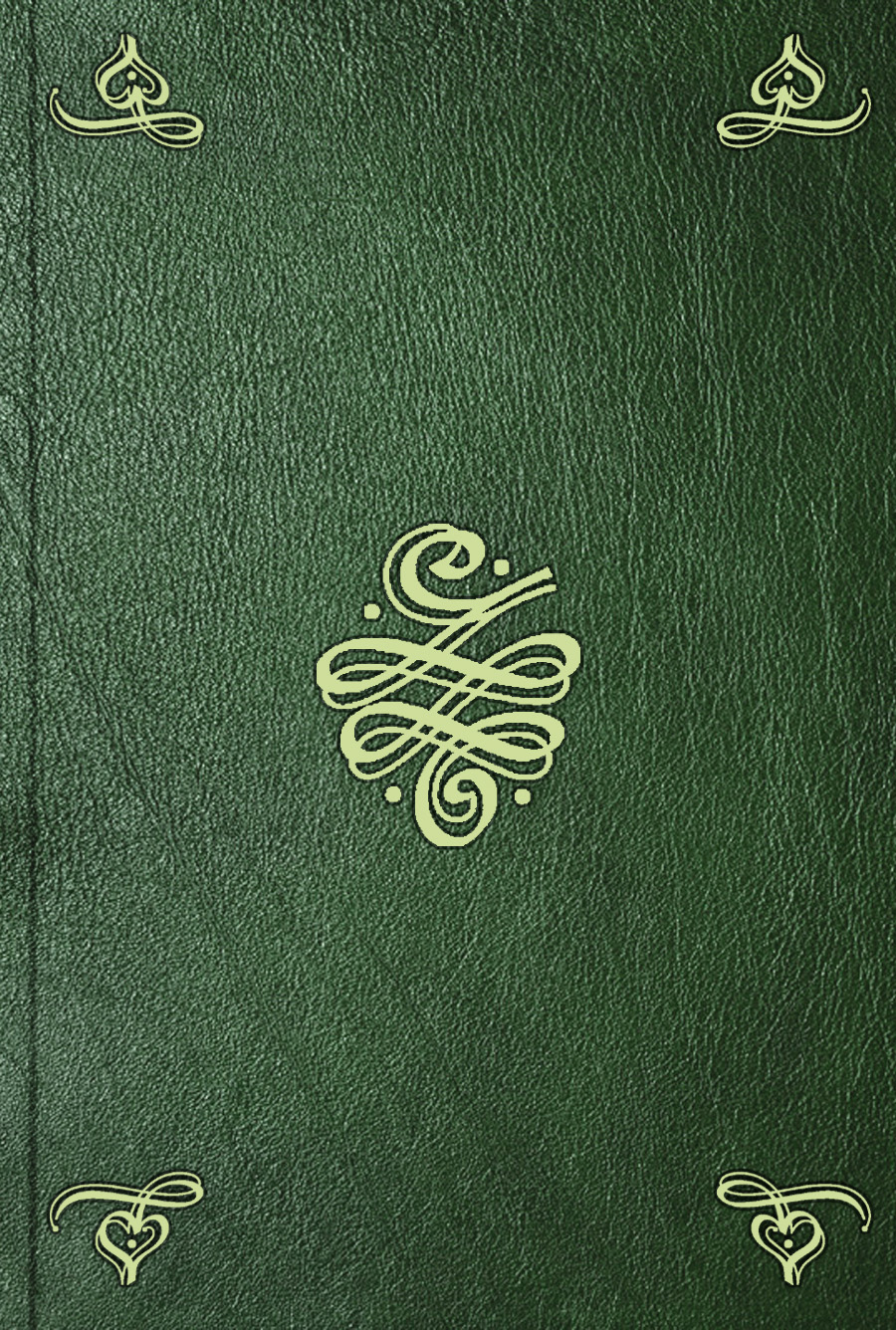Электронная книга: August Wilhelm Schlegel «Cours de litterature dramatique. T. 1»

|
Полный вариант заголовка: «Cours de litterature dramatique. Tome 1 / par A.W. Schlegel ; traduit de l'allemand». Издательство: "Библиотечный фонд" (1814)
электронная книга Скачать бесплатно на Litres |
Другие книги автора:
| Книга | Описание | Год | Цена | Тип книги |
|---|---|---|---|---|
| Cours de litterature dramatique. T. 3 | Полный вариант заголовка: «Cours de litterature dramatique. Tome 3 / par A.W. Schlegel ; traduit de l'allemand» — Библиотечный фонд, электронная книга Подробнее... | электронная книга | ||
| Cours de litterature dramatique. T. 2 | Полный вариант заголовка: «Cours de litterature dramatique. Tome 2 / par A.W. Schlegel ; traduit de l'allemand» — Библиотечный фонд, электронная книга Подробнее... | электронная книга |
August Wilhelm Schlegel
August Wilhelm (later: von) Schlegel (
Life and work
Schlegel was born at
At this time the two brothers were remarkable for the vigour and freshness of their ideas, and commanded respect as the leaders of the new Romantic criticism. A volume of their joint essays appeared in 1801 under the title "Charakteristiken und Kritiken". In 1802 Schlegel went to
In 1807 he attracted much attention in France by an essay in the
In 1813 he acted as secretary of the crown prince of Sweden, through whose influence the right of his family to noble rank was revived. Schlegel was made a professor of literature at the
After the death of Madame de Staël, Schlegel married (1818) a daughter of Professor Paulus of
He died at Bonn in 1845.
Evaluation
As an original poet Schlegel is unimportant, but as a poetical translator he has rarely been excelled, and in criticism he put into practice the Romantic principle that a critic's first duty is not to judge from the standpoint of superiority, but to understand and to characterize a work of art.
elected works
*"Ion" (1803)
*"Poetische Werke" (1811)
*"
*"Kritische Schriften" (1828, critical works)
*"Sämtliche Werke" (1846-1848)
*"Œuvres écrites en francais" (1846)
*"Opuscula Latine scripta" (1848)
Letters
* "Ludwig Tieck und die Brüder Schlegel. Briefe" ed. by Edgar Lohner (München 1972)
Portraits
* "Portrait of A W Schlegel" by
External links
*
* [http://www.mkone.org/art/translating-shakespeare/ Translating Shakespeare] - process and problems of translating the works of William Shakespeare, done by Schlegel----
*1911
Источник: August Wilhelm Schlegel
См. также в других словарях:
dramatique — [ dramatik ] adj. et n. f. • v. 1378, rare av. mil. XVIIe; dramique, 1775; bas lat. dramaticus, o. gr. 1 ♦ (Épithète seult) Didact. Destiné au théâtre, en parlant d un ouvrage littéraire; relatif aux ouvrages de théâtre. ⇒ théâtral. Œuvre, poème… … Encyclopédie Universelle
littérature — [ literatyr ] n. f. • v. 1120 « écriture »; lat. litteratura « écriture », puis « érudition » I ♦ 1 ♦ (1432) Vx Ensemble des connaissances; culture générale. « Des gens d un bel esprit et d une agréable littérature » (La Bruyère). 2 ♦ (1758; all … Encyclopédie Universelle
Litterature birmane — Littérature birmane La littérature birmane s étend du XIIe siècle à nos jours. D apparition relativement récente, elle s est nourrie d apports extérieurs qu elle a assimilés et fait siens: langues et littératures Pāli, Môn, Thaï pour sa… … Wikipédia en Français
Littérature Birmane — La littérature birmane s étend du XIIe siècle à nos jours. D apparition relativement récente, elle s est nourrie d apports extérieurs qu elle a assimilés et fait siens: langues et littératures Pāli, Môn, Thaï pour sa période classique,… … Wikipédia en Français
Littérature de l'Ecosse — Littérature écossaise La littérature écossaise est la littérature écrite en Écosse ou par des auteurs écossais. Elle inclut la littérature écrite dans les langues suivantes : le gaélique, l’anglais, le scots, le brittonique, le français, le… … Wikipédia en Français
Littérature de l'Écosse — Littérature écossaise La littérature écossaise est la littérature écrite en Écosse ou par des auteurs écossais. Elle inclut la littérature écrite dans les langues suivantes : le gaélique, l’anglais, le scots, le brittonique, le français, le… … Wikipédia en Français
